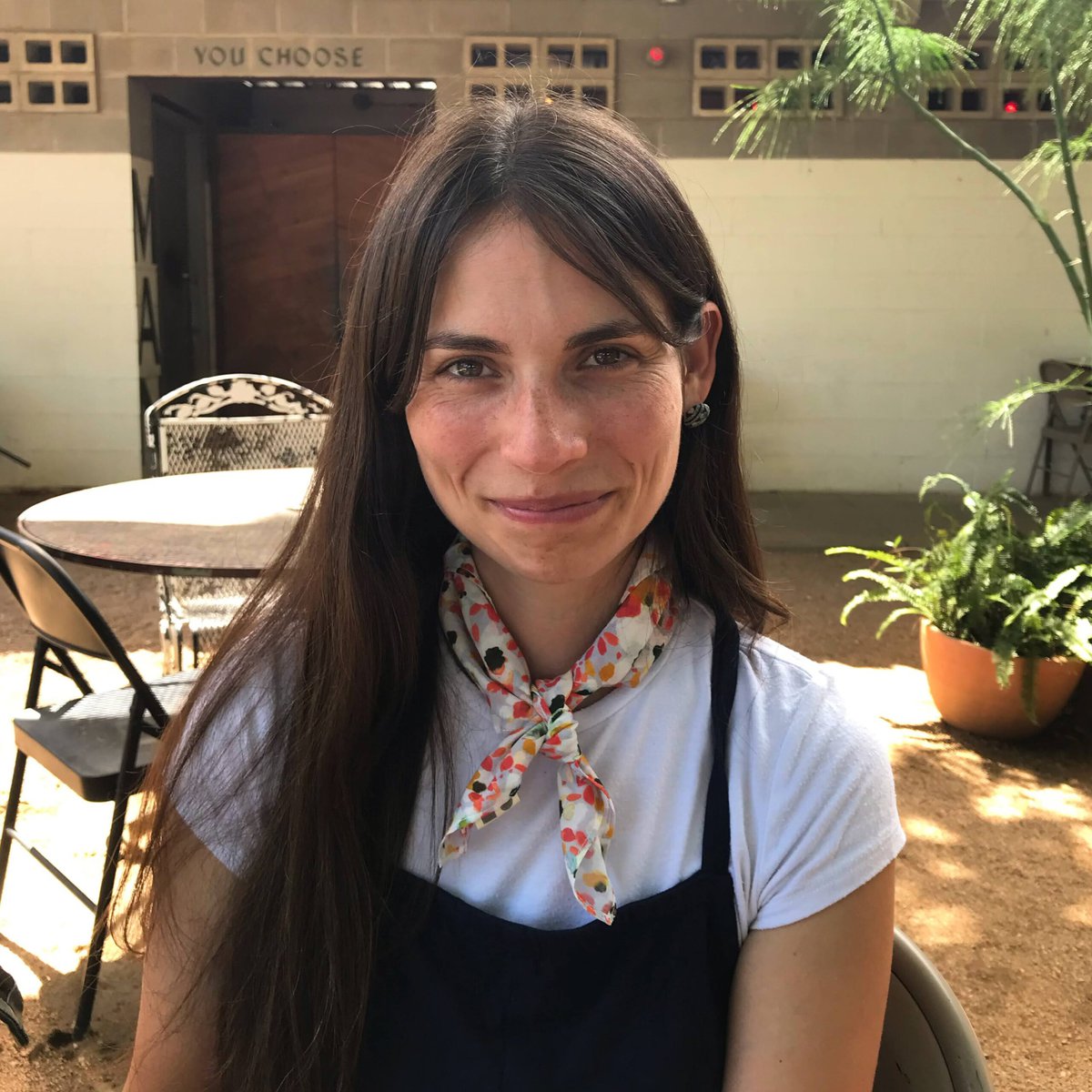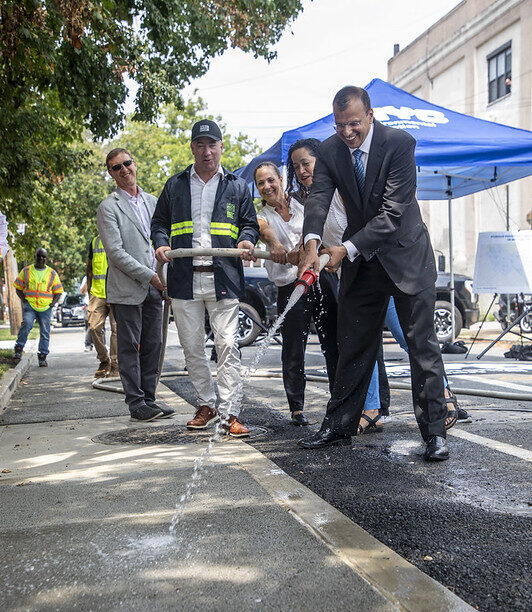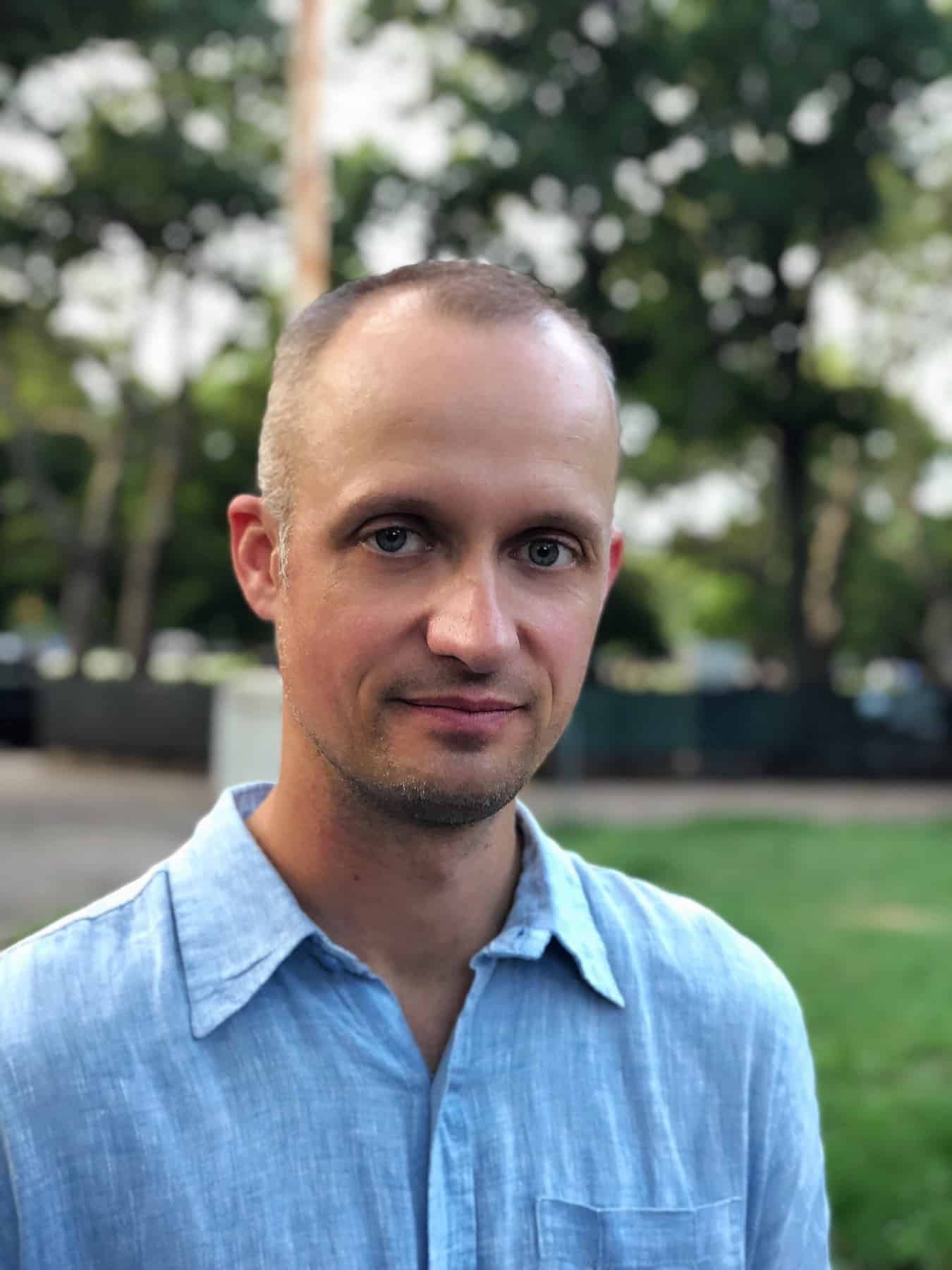Welcome back to our weekly behind-the-scenes glimpse at what’s getting our team talking. Let us know what you think at [email protected].
A high point
Back in 1859, surveyor Arnold Guyot bestowed the name of a Confederate general on a peak in the Great Smoky Mountains. That name — Clingmans Dome — is how the peak, the highest in what is not Great Smoky Mountains National Park, has been labeled on maps and known to visitors ever since.
But now the peak, which is sacred to the Cherokee people, has been restored to its original Cherokee name. The U.S. Board on Geographic Names recently approved the move, according to a Cherokee One Feather story shared by RTBC Editorial Director Rebecca Worby.

Kuwohi, the peak’s Cherokee name, translates as “mulberry place.” This is a super popular spot in the national park (partly because of its iconic observation tower) so the name change is a big deal.
Soaking it up
This week’s Street Wars, a weekly New York Times series on the battle for space on New York’s streets and sidewalks, reports that the secret weapon to fight flooding is hidden in plain sight.

That secret weapon is porous pavement, an innovation that will already be familiar to devoted RTBC readers, as Executive Editor Will Doig notes.
Will says:
Permeable pavement is trending! We wrote about New York creating streets that soak up water a few weeks back, part of the movement to make cities spongier.
What else we’re reading
🚗 Norway: electric cars outnumber petrol for first time in ‘historic milestone’ — shared by RTBC founder David Byrne from The Guardian
🛒 California governor signs law banning all plastic shopping bags at grocery stores — shared by Contributing Editor Michaela Haas from AP News
🤖 Biochar farm robots win $500K Wilkes Climate Launch Prize — shared by Rebecca Worby from the University of Utah
In other news…
Last week, RTBC took a trip down to Atlanta to attend the 2024 Nonprofit News Awards. Kea Krause’s excellent story about the revival of the Penobscot River was a finalist for the Breaking Barriers Award, which honors “reporting that brought new understanding to an issue or topic affecting people or communities that are historically underrepresented, disadvantaged or marginalized, resulting in impactful change.” Congratulations to Kea and to all the winners and finalists!












